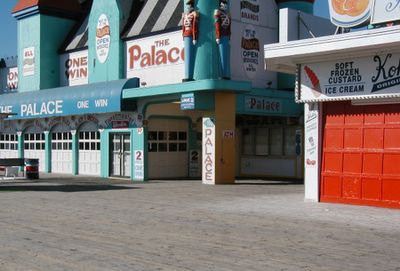Selective Amnesia
Memories are strange things. They can be triggered by anything: the smell of pancakes cooking on a Saturday morning, ozone before a storm, the opening bars of Astral Weeks. Sometimes we have memories of things that we weren’t around for—historical moments that are part of our cultural/popular histories (for those who were too young to have actual memories, JFK’s assassination, for instance), or major family events that happened before we were born. Sometimes we have memories of things that never actually happened. These incidents—which frequently bear some similarity to actual events but have since grown or morphed into something different—are important parts of our personal narratives.
Two people seated next to each other at the same event will walk away with two very different memories of what happened. A third person may have no memory of it at all—other than that they were there. Our memories of the things that happened to and around us in our past, whether recent or distant, are forever altered by our perceptions of who we are. ‘I can’t have done that because that’s not the kind of person I am.’ ‘That didn’t happen that way, because if it did, these other things that happened would have happened for different reasons.’ In this way, memories, and the way we relate to them, become vehicles for the development of Identity.
While all of the artists selected for this exhibition share the characteristic that their work explores the themes of memory and identity, their responses to the concept are as varied as their personalities are diverse.
Phoebe Esmon
Curator
Salve Regina Gallery
The Catholic University of America
Two people seated next to each other at the same event will walk away with two very different memories of what happened. A third person may have no memory of it at all—other than that they were there. Our memories of the things that happened to and around us in our past, whether recent or distant, are forever altered by our perceptions of who we are. ‘I can’t have done that because that’s not the kind of person I am.’ ‘That didn’t happen that way, because if it did, these other things that happened would have happened for different reasons.’ In this way, memories, and the way we relate to them, become vehicles for the development of Identity.
While all of the artists selected for this exhibition share the characteristic that their work explores the themes of memory and identity, their responses to the concept are as varied as their personalities are diverse.
Phoebe Esmon
Curator
Salve Regina Gallery
The Catholic University of America

